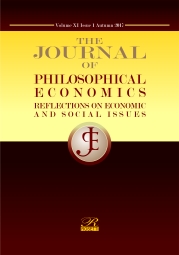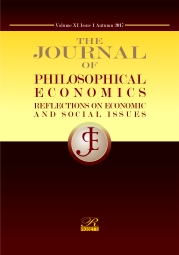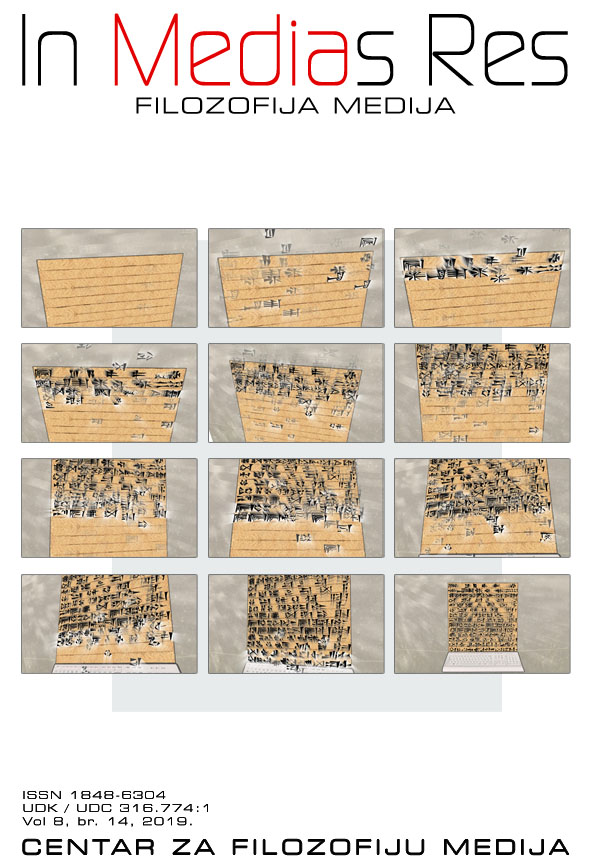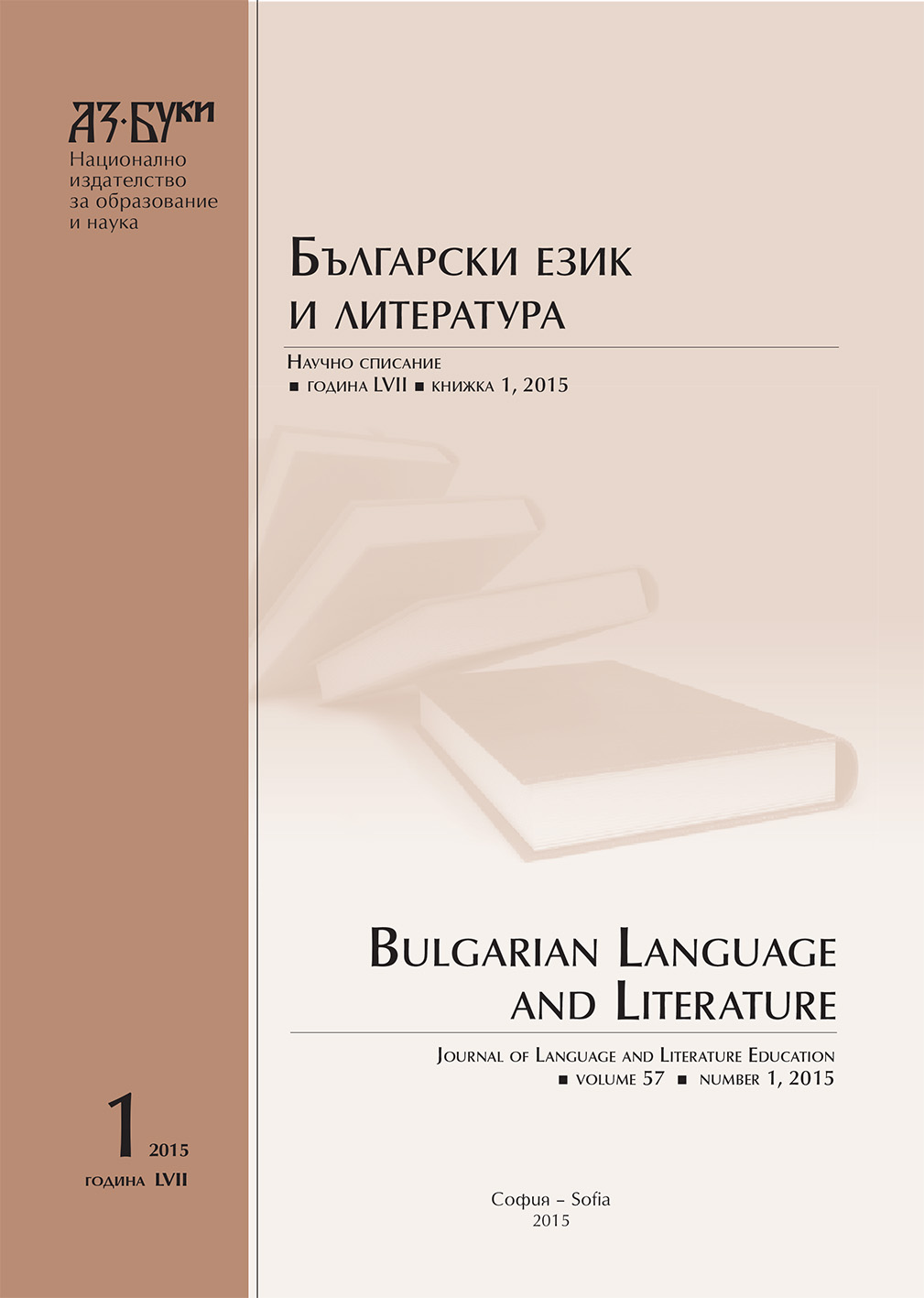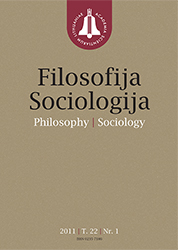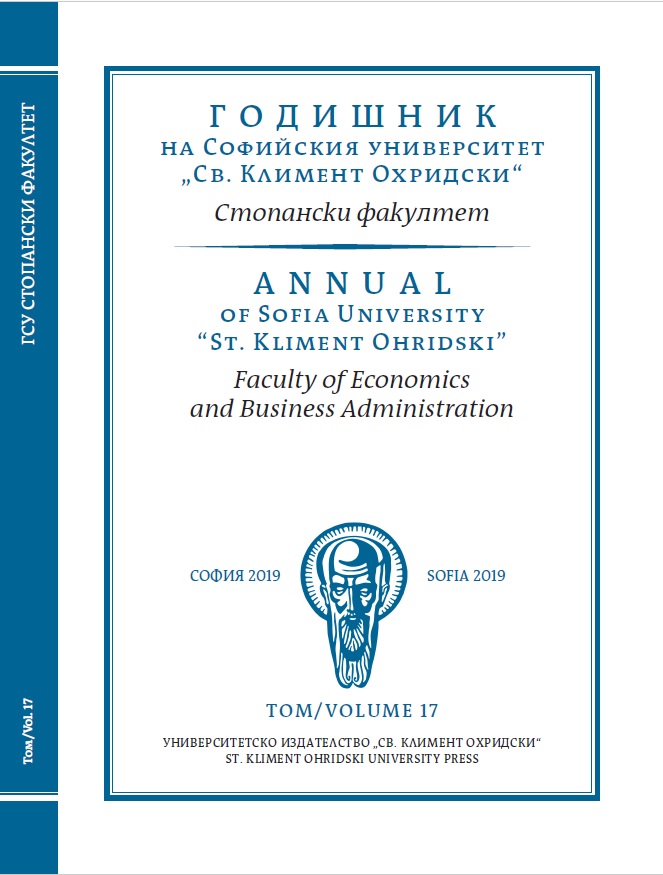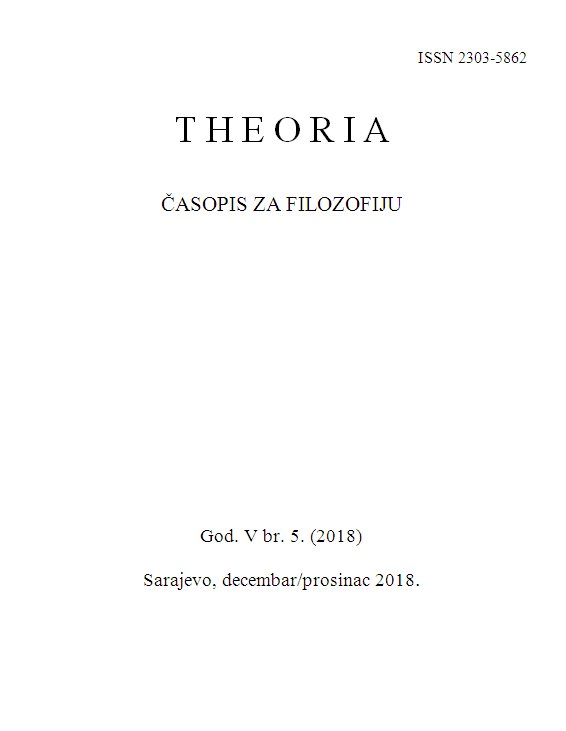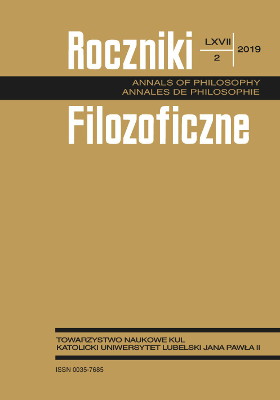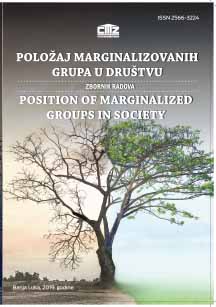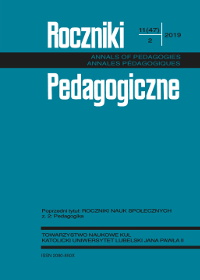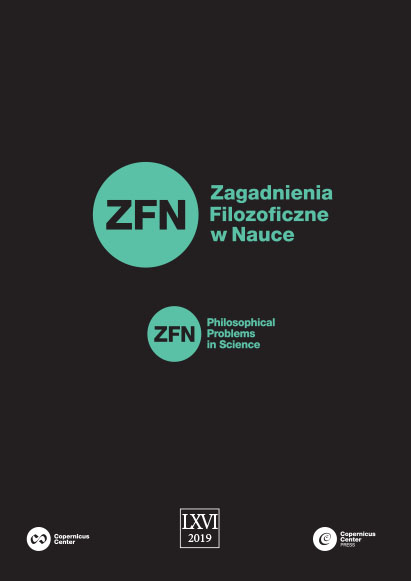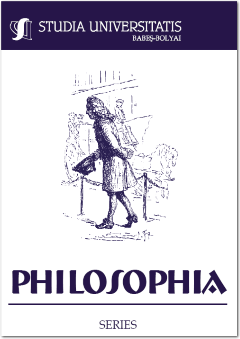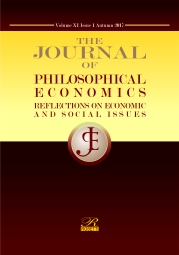
Dividing a cake (or) Distributional values in the measurement of economic inequality: an expository note
Distributional judgments’—judgments on the extent of inequality in the distribution of income and wealth—are routinely made by economists in exercises aimed at comparing inequalities in alternative situations. Yet the measurement of inequality is informed by certain nuances, which it would do well to be attentive to. In particular, the values underlying measurement protocols are not always made explicit, which tends to lend a somewhat misleading semblance of ‘value-neutrality’ to the activity of measurement. It is argued, with specific reference to the problem of inequality measurement, that such an orientation can compromise the possibility of accurate diagnosis and appropriate policy prescription. There is little that is original in this article, and much that is owed to the pioneering contributions of Serge-Chritophe Kolm. The emphasis throughout is on explicating an important issue through a deliberate effort at achieving simplicity in both argument and expression.
More...
